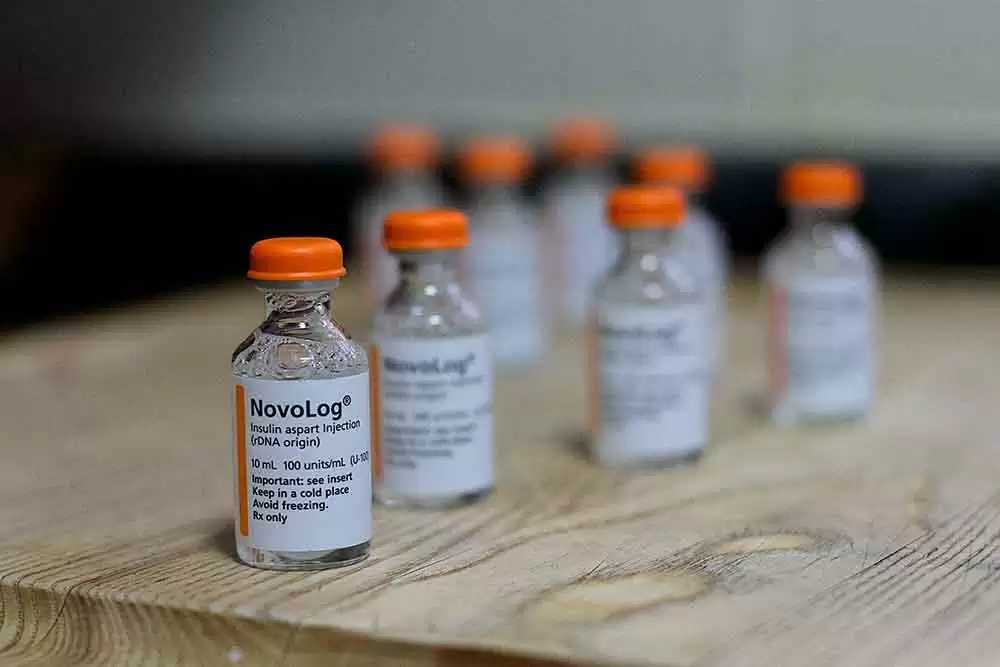
A team of researchers recently set out to fine map the MHC association signal to identify additional celiac disease risk factors independent of the HLA-DQA1 and HLA-DQB1 alleles. The researchers included J. Gutierrez-Achury, A. Zhernakova, S.L. Pulit, G. Trynka, K.A. Hunt, J. Romanos, S. Raychaudhuri, D.A. van Heel, C. Wijmenga, and P.I. de Bakker.
Their team fine mapped the MHC association signal looking for risk factors other than the HLA-DQA1 and HLA-DQB1 alleles, and the found five new associations that account for 18% of the genetic risk.
Taking these new loci together with the 57 known non...
- Read Full Article...
- 0 comments
- 6,192 views






